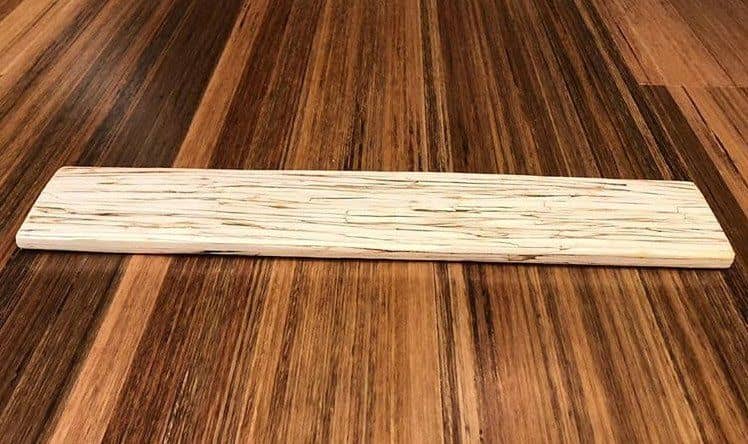Hemp flooring is one of the most innovative flooring types and is just now hitting the market, albeit only in the United States at this time. It is sustainable, incredibly durable, beautiful, and likely to be a huge upcoming trend in flooring for Australia.
Here, we’ll cover everything you need to know about what hemp flooring is, the pros and cons, frequently asked questions, and more.
What Is Hemp Flooring Composed Of?
Hemp wood flooring is made from raw hemp stalks that are compressed into blocks in a very similar method to Cold Pressed Bamboo. Unlike Bamboo which uses formaldehyde in its adhesive, hemp wood uses a soy-based adhesive that is free from VOC’s.
The blocks are produced and then sliced into 3mm thick veneers and bonded to a ply backing like engineered timber.
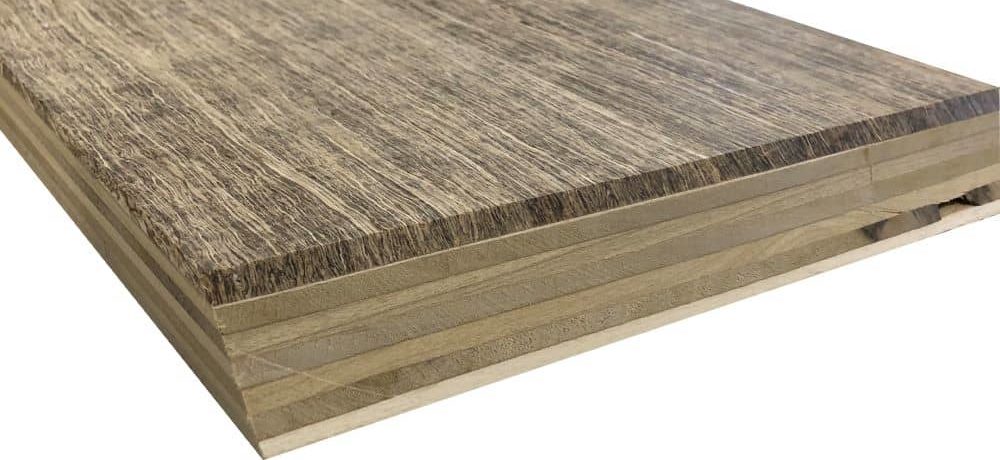
(Image sourced from Hempwood® Homepage)
Why Could This Flooring Be Useful?
It is a very ‘Green’ product that can absorb CO2 and reduce the amount of it in the environment. A crop can be grown in 120 days which means it is very fast growing compared to wood and is completely renewable. It is about 20-25% stronger than Oak.
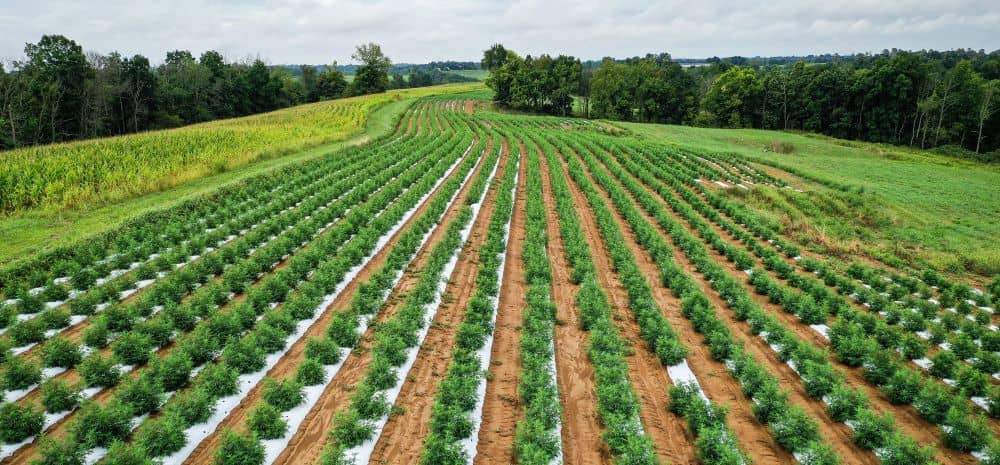
Hemp cultivation offers a larger and more quick replenishing supply of wood as it only takes 4-6 months to harvest.
Barriers of Entry to Overcome in Australia
Until it hits the economy of scale it is a very expensive option. Hempwood.com sells it for about $99 per m US for Oiled finish and $109 for Lacquered finish. It is only manufactured in the US so far, so once freight here is added and converted into Australian dollars it is cost-prohibitive.
It also only comes in lengths that are about 1m long currently, and our market expects a board of 1.8m or longer for timber and bamboo flooring. There is also the fact that Hemp is often confused with Marijuana.
There is not a lot of history with the product yet as it is still in its infancy. It is only really available in the United States at the moment.
How Does Hemp Compare to Other Flooring Types?
Hemp wood flooring is very eco-friendly, but also very expensive. The board length is also a little on the short side for the category it will compete in.
Environmental Sustainability
At this stage, we would say very environmentally friendly. It is faster growing than other types of flooring (for example, hemp grows in 120 days versus the 50 to 100 years it takes for Oak trees to reach maturity).
Bamboo is very fast at a couple of years, but this is 4 months. That will mean that 6 times the amount of the flooring can be grown from the same land. You might need to say less as the soil will need downtime between crops to recover, as 6 crops in 2 years are likely to deplete the soil of what the product needs to grow successfully. However, even if 3 crops are grown, it is still 3 times faster than Bamboo, and many times faster than Oak and Aussie Hardwoods.
It also looks like it is a good option for Air quality. There are other options like Hempcrete too that are likely to be worth looking into.
Availability
Although an official date is not set at this time, hemp wood flooring is expected to be a more commercially viable option later in 2021.
Is Hemp Flooring Engineered Flooring?
Yes, the only kind of hemp flooring is engineered, for now at least. In the case of hemp wood, it is a hemp veneer attached to a plywood base. It is unlikely that Hempwood will be sold as solid flooring, Bamboo was a good forerunner that proved the benefits of engineered flooring over Solid Flooring when used as a floated floor. A there are no barriers to Direct sticking engineered Flooring, it makes sense that the product will stay in an engineered format.
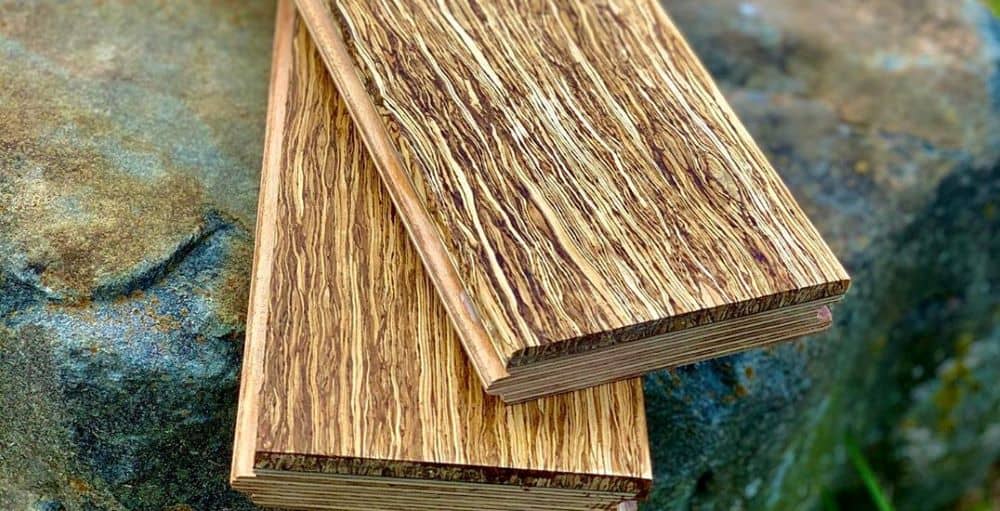
(Image sourced from Hempwood® Homepage)
How Similar Is Hemp Wood Flooring To Bamboo Flooring?
Hemp wood flooring and bamboo flooring are extremely similar, with both products featuring many of the same pros and cons.
They are both made from strand woven products that are made into their ‘Block’ form under enormous pressure. Additionally, neither of them is ‘Timber’ so to speak, although they are often confused with Timber.
Installation
As it is such a new option, hemp flooring only comes in tongue and groove style. It is installed in the same manner as for solid timber floors, but can also be floated. It glues together in the joins in the same way that Tongue and Groove engineered flooring is when it is floated.
Can You Use Stain?
In the same way as timber, if the product is raw it can be stained, but if it is prefinished, the coating will need to be removed to stain it.
Benefits of Hemp Wood
Hemp flooring offers a host of benefits including:
- Hemp is a fast-growing, making it a rapidly renewable resource
- It is biodegradable
- It is extremely hard and durable
- It is sustainable – even more than other fast-growing softwoods such as Douglas fir
- It absorbs 4x the amount of carbon trees do
- It produces more flooring per acre than a forest does
- It returns nutrients to the soil
- Almost every part of a hemp plant can be utilised
- It can serve as a replacement for oak, one of the most endangered tree species on the planet
Is Hemp Flooring Non-Toxic?
Yes, hemp wood flooring is naturally 100% non-toxic. Made from all-natural hemp stalks, a non-toxic liquid finish, and a non-toxic soy-based glue, hemp flooring is free of toxins, VOCs, or formaldehyde.
Janka Rating
Since hemp wood is basically brand new, it doesn’t have an official ranking on the Janka hardness charts just yet. However, it is estimated that it has a Janka rating of around 12.3. Hemp wood is twice as hard as oak. Whereas white oak has a Janka rating of 6 and red oak has a Janka rating of 15.7, hemp boasts a Janka rating of 12.3.
Is Hemp Stronger than Wood?
Yes, hemp has a higher Janka rating than most wood species including:
- Yellow birch
- Black walnut
- Hard maple
- Teak flooring
- Pine flooring
- Douglas fir
- Australian cypress
And more!
Is Hemp Flooring Waterproof?
Compared to certain hardwoods, hemp flooring is relatively water-resistant. Still, it is made of natural materials that are not completely waterproof. It will warp and bend if it experiences water damage.
Uses in The Home
Since it is susceptible to water damage, hemp flooring is best in rooms that are not prone to excessive moisture or spills. It is recommended to avoid hemp flooring in laundries, bathrooms, and Toilets.
However, hemp flooring makes a beautiful option for bedrooms, hallways, living rooms, entertainment rooms, and more. Along with being made into flooring, hemp is currently used for furniture, insulating floors, accent walls, countertops, cabinets, and much more.
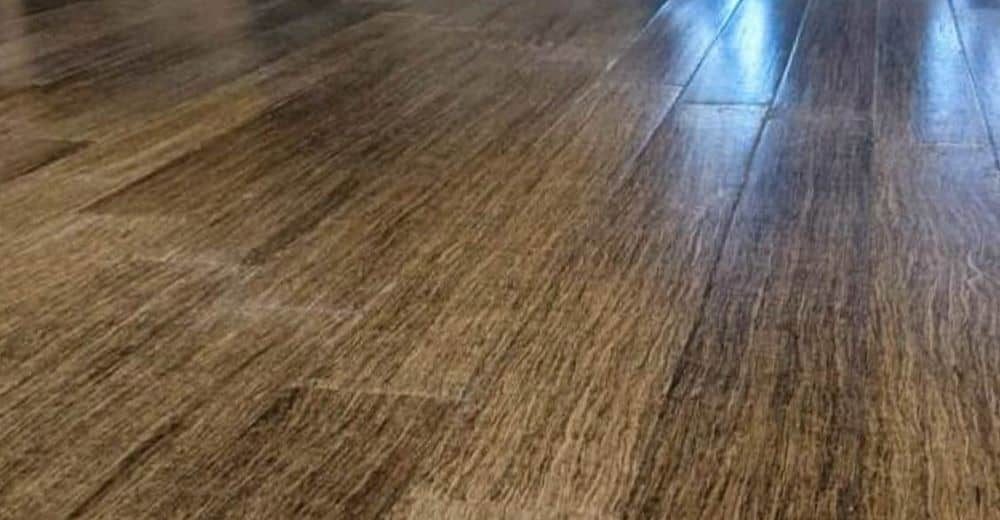
(Image sourced from Hempwood® Homepage)
Are You Interested To Learn More?
Overall, we are excited for hemp flooring to hit the Australian market at some point and we can’t wait to learn more about this fantastic flooring option. We are here to give you all the information you need to confidently compare hemp flooring to the other flooring options available.
Feel free to reach out to us at any time to learn more about hemp flooring or other types of flooring. Our team consists of flooring experts who are as enthusiastic about flooring as they are about helping customers from start to finish during the process of choosing floors.


